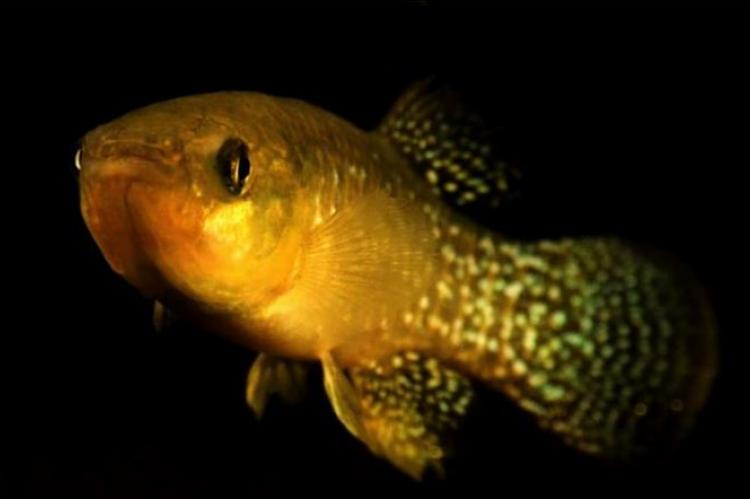Atlantic killifish in study found to be resistant to pollutants
As many species succumb to the rapid environmental changes brought on by pollutants, the unassuming Atlantic killifish appears to be coping rather well. Scientists have discovered that it has the ability to adapt to high levels of toxic industrial pollutants in their environment.
In fact, it is up to 8,000 times more resistant to such pollution than other fish species, due to its extremely high levels of genetic variation—higher than any other vertebrate—measured so far. The more genetic diversity, the faster evolution can act.
This findings of this research was published in a recent issue of the Science journal. In the study, led by the University of California, Davis, scientists sequenced complete genomes of nearly 400 Atlantic killifish from polluted and nonpolluted locations at New Bedford Harbor in Massachusetts; Newark Bay, New Jersey; Connecticut’s Bridgeport area; and Virginia’s Elizabeth River. These sites have been polluted since the 1950s and 1960s by a mixture of industrial pollutants that included dioxins, heavy metals, hydrocarbons and other chemicals.
The team’s genetic analysis suggests that the Atlantic killifish’s genetic diversity enabled them to adapt to survive in radically altered habitats. At the genetic level, the tolerant populations evolved in highly similar ways, suggesting that they already possessed the genetic variation that allowed them to adapt before the sites were polluted, and that there may be only a few evolutionary solutions to pollution.
“This study shows that different populations of Atlantic killifish exposed to toxic pollution evolve tolerance to that pollution through changes in one molecular pathway,” said George Gilchrist, programme director in the National Science Foundation’s Division of Environmental Biology.
Professor John Colbourne, Chair of Environmental Genomics at the University of Birmingham, who oversaw the sequencing of the genomes, said, "'This report highlights the complexity of the processes involved in the adaptation of wild fish to lethal levels of environmental pollution. It also demonstrates how the DNA of populations that differ in their susceptibility to pollutants can reveal "signatures" of the adverse effects of chemicals in the environment."
The study lays the groundwork for further research to identify which genes had conferred tolerance of specific chemicals. Such work could help better explain how genetic differences among humans and other species may contribute to differences in sensitivity to environmental chemicals.
“If we know the kinds of genes that can confer sensitivity in another vertebrate animal like us, perhaps we can understand how different humans, with their own mutations in these important genes, might react to these chemicals,” said lead author Andrew Whitehead, associate professor in the UC Davis Department of Environmental Toxicology.


